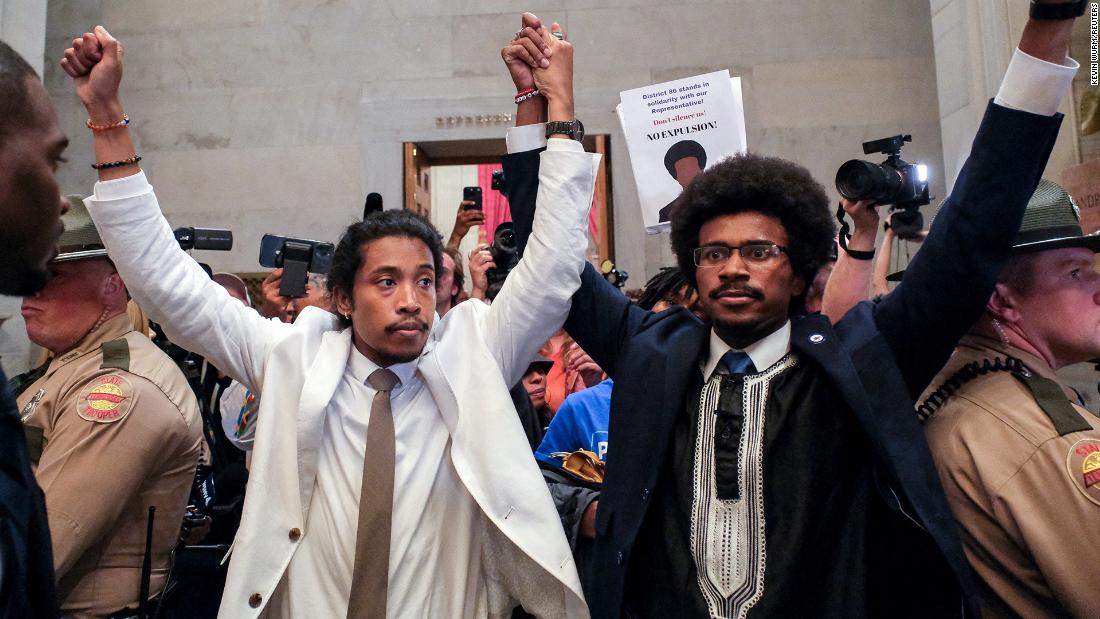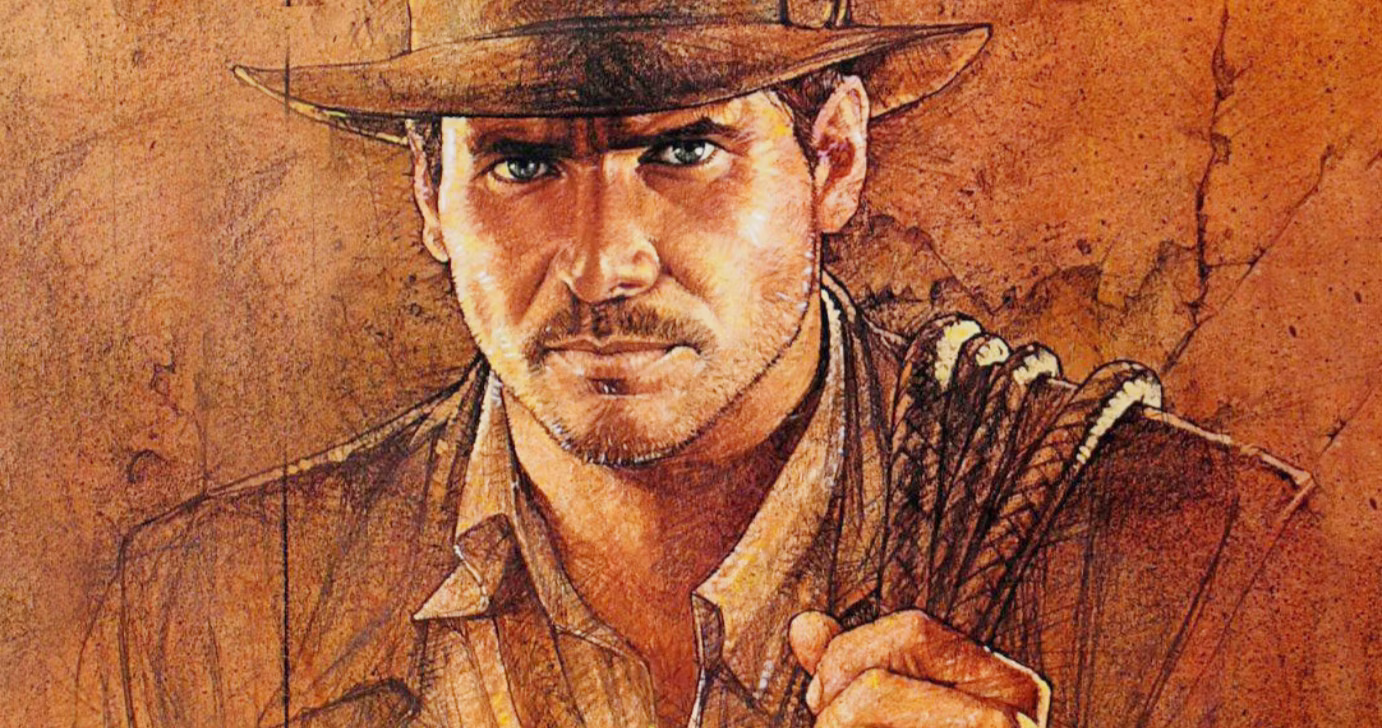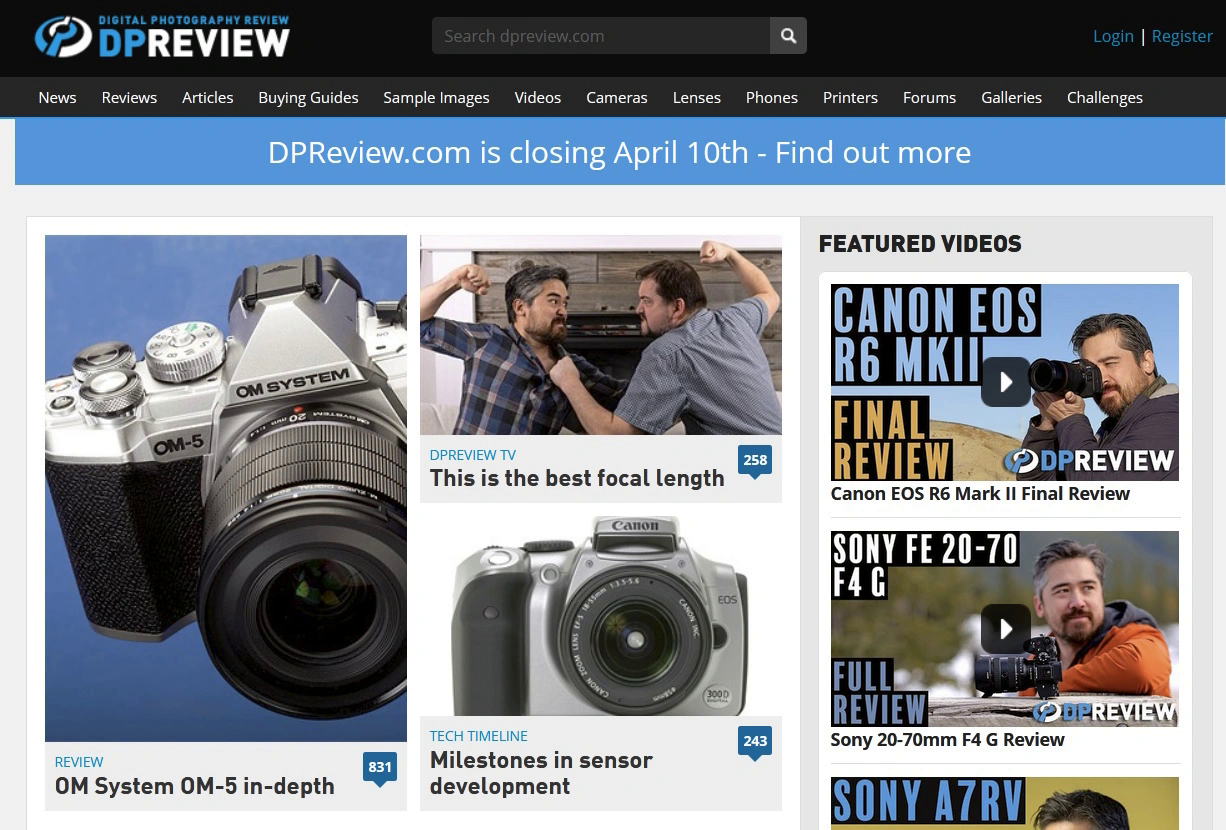
Combined with an aging population and workers generally demanding better compensation and benefits for their work, the US is currently facing a labor shortage. In a sensible capitalist system, businesses would be compelled to improve compensation and work conditions to attract employees. However, leave it to the Republican Party to present a novel idea: having children as young as 14 join the labor pool.
I have worked my whole life, and I support the idea of kids taking on jobs. It teaches them the values of hard work, discipline, and the importance of money—all positive aspects. However, it is crucial to recognize that these reasons are not why Republicans are pushing for these new regulations. Their primary motive is simply to benefit their wealthy donor class.
It is already concerning that we are forcing young children back into factories, but what’s truly tragic is that these laws are stripping away worker protections and shielding employers from liabilities at the expense of child safety.
As Jason Lalljee reporting for the Insider:
The laws take aim at the number of hours that children are allowed to work and protect employers from liabilities due to sickness or accidents. In the case of the latter, those employer protections dovetail with the kind of dangerous industries the bills are looking to prop up: construction in Minnesota, and meatpacking plants in Iowa. The bills come as efforts to expand legal working ages in other states have ramped up recently, and as the US has seen an increase in child labor violations since 2015.
These are not the mall/retail jobs or the local small business positions that many of us worked while growing up. These are potentially hazardous jobs that involve physical labor, leaving little time and energy for what children should be doing—getting educated and developing the social skills necessary to become productive members of society.
Besides, there is an obvious solution to the current labor shortage that has proven to be quite effective in filling labor gaps in the past.
And the Labor Board research bears it out:
The results indicate that higher wages along with additional non-wage benefits would have expanded the labor supply,
Should be obvious, but the pursuit of profit has led certain members of the business class to prioritize hiring children instead of providing a living wage to adults.
From being able to support a family with only the husband salary, to barely supporting it even with two full time salaries, all the way back to child labor. The transformation back into feudalism is nearly complete. Hope you’re happy with the freedom to develop your slave career.
To the parents who are about to send their kids to the factories and slaughter houses, you might want to read The Jungle by Upton Sinclaire.












